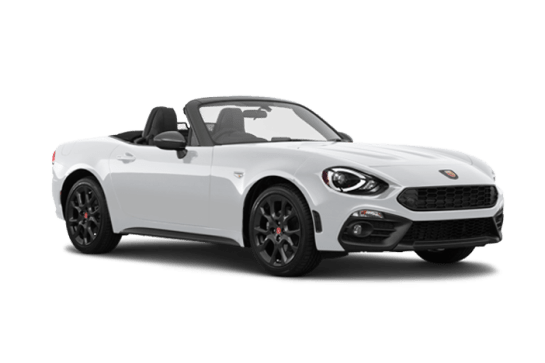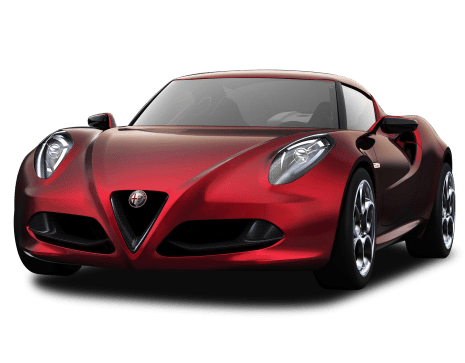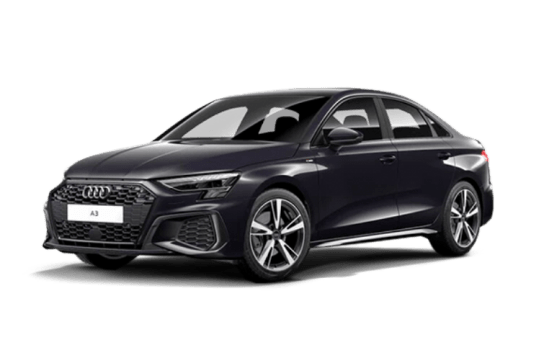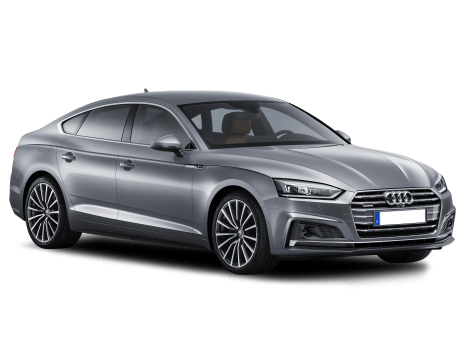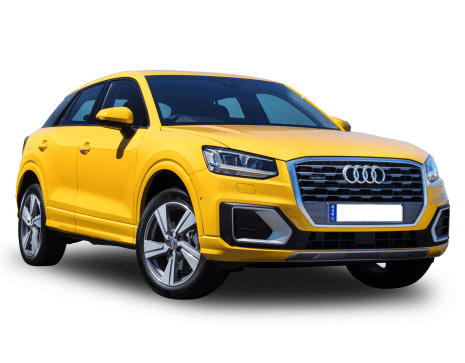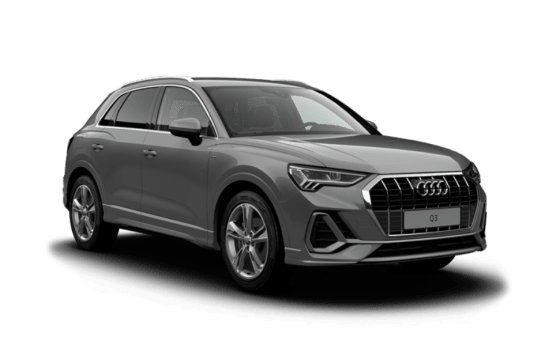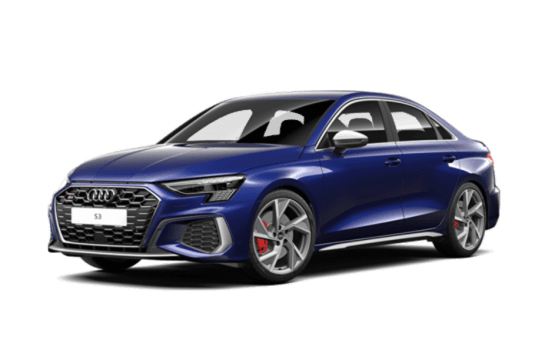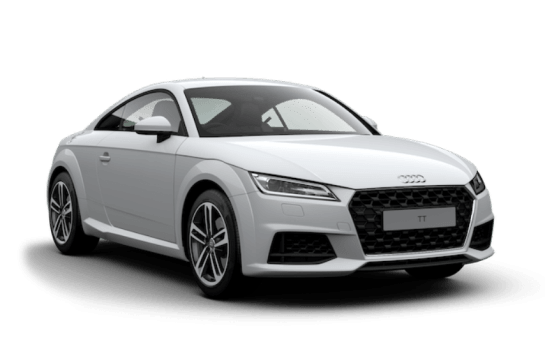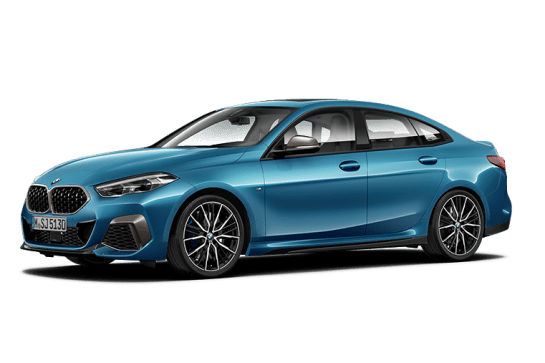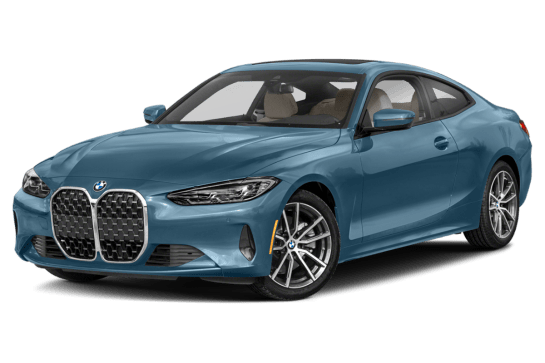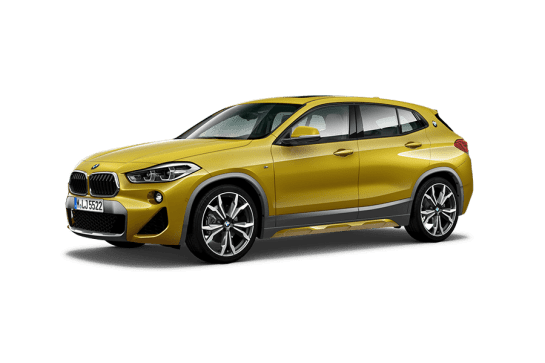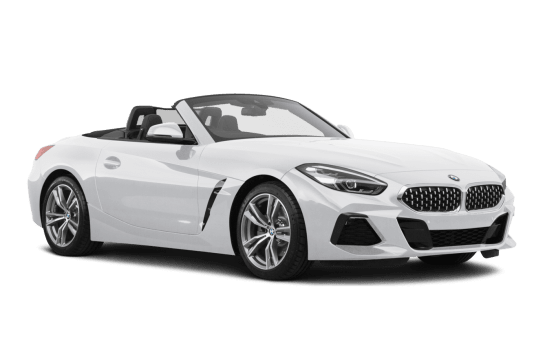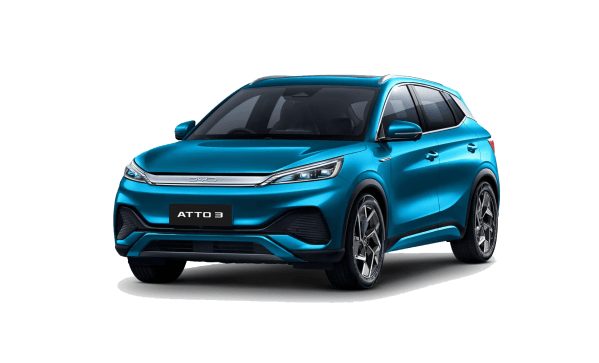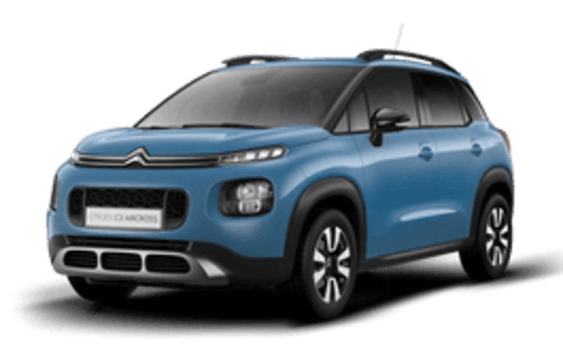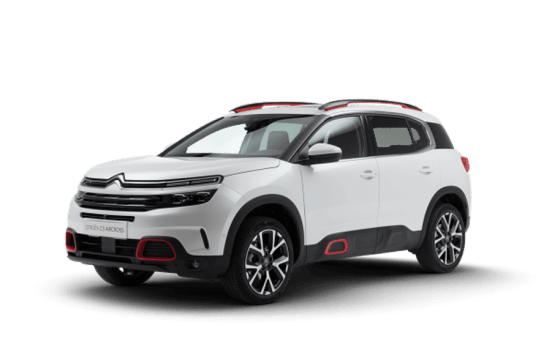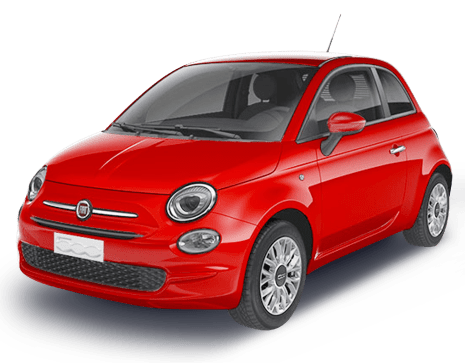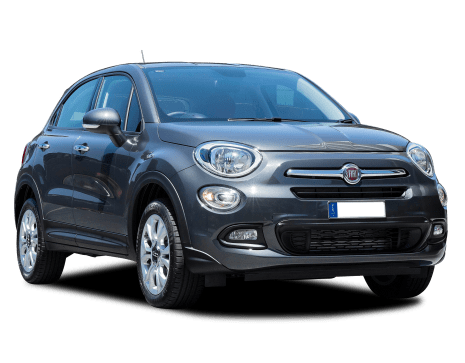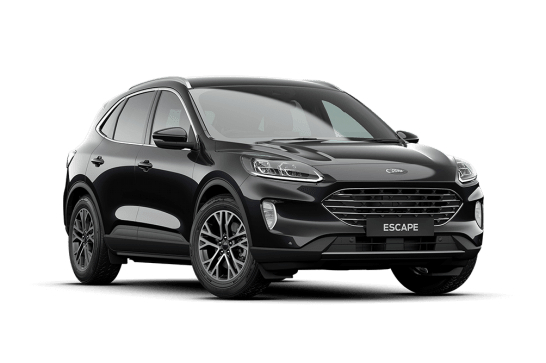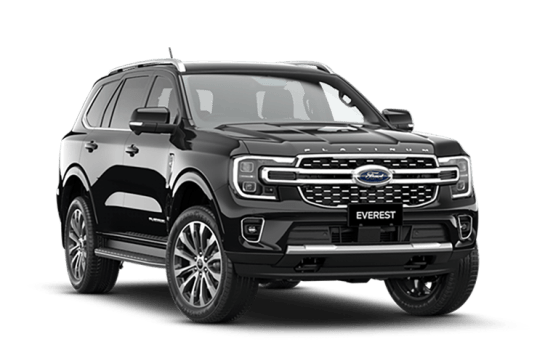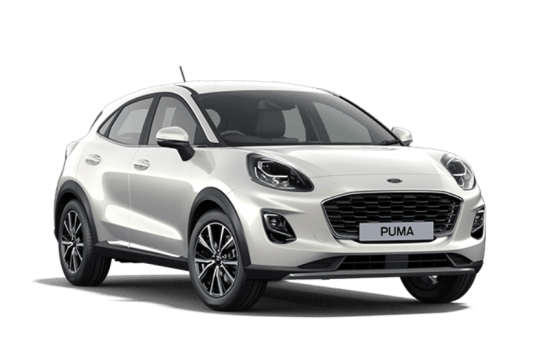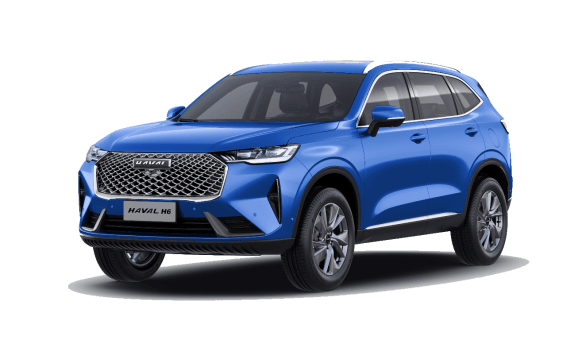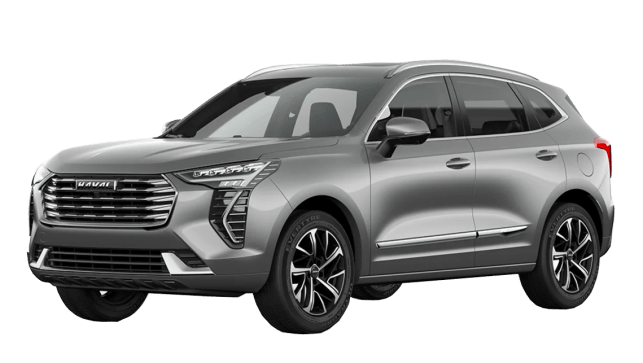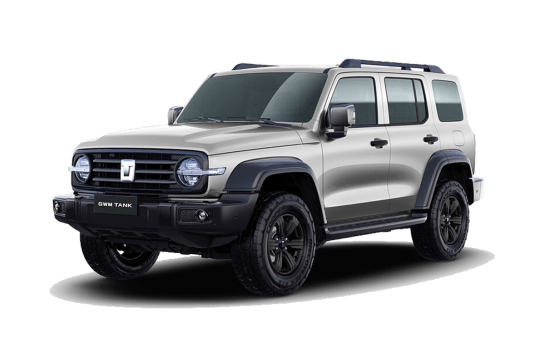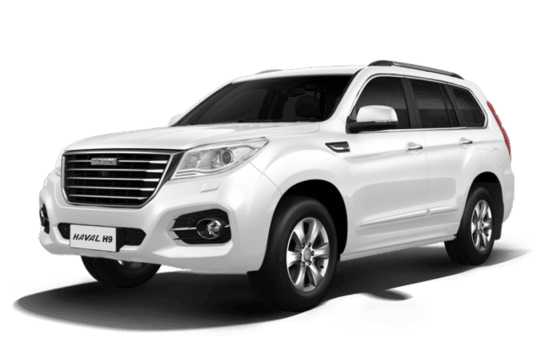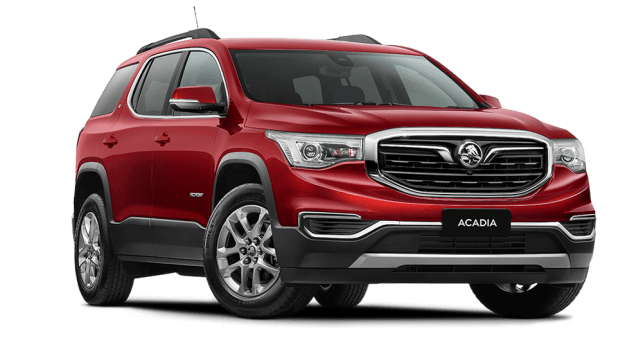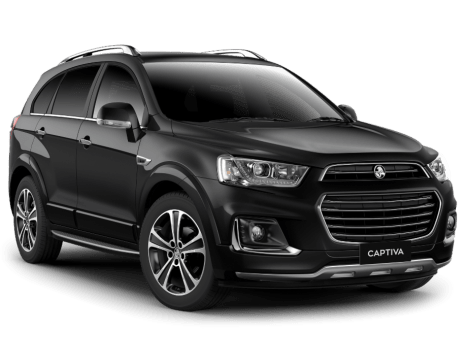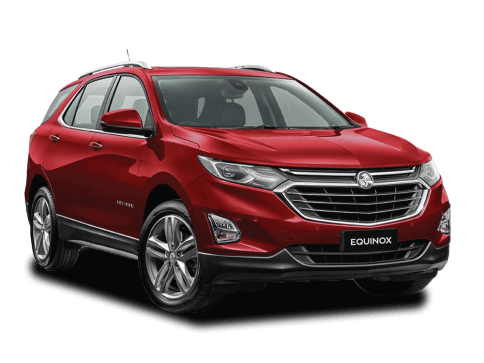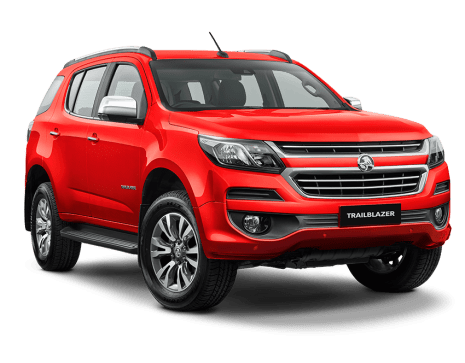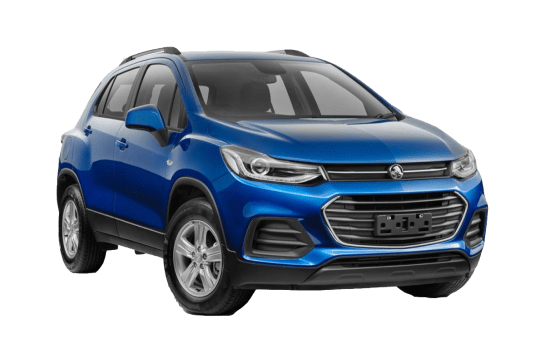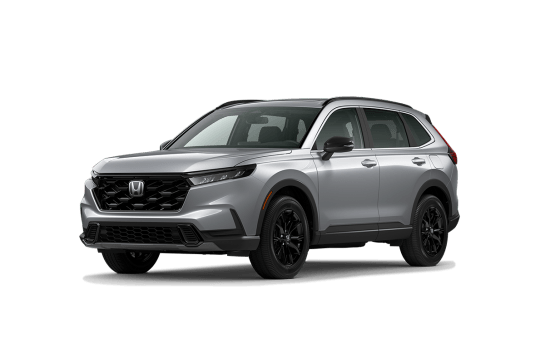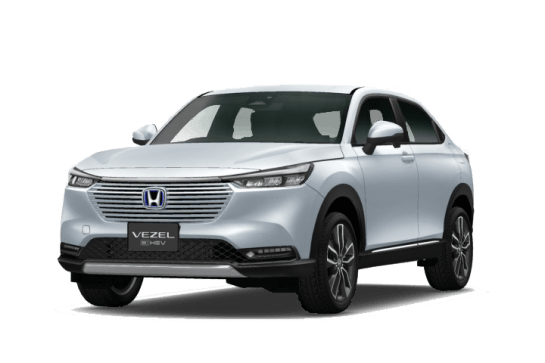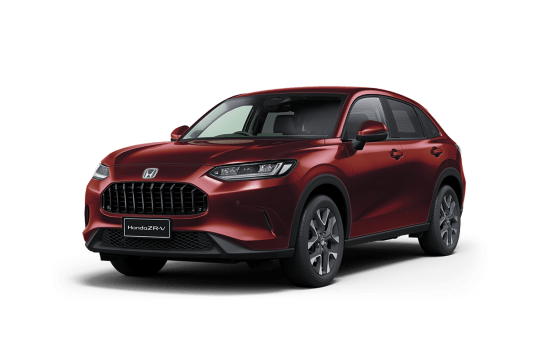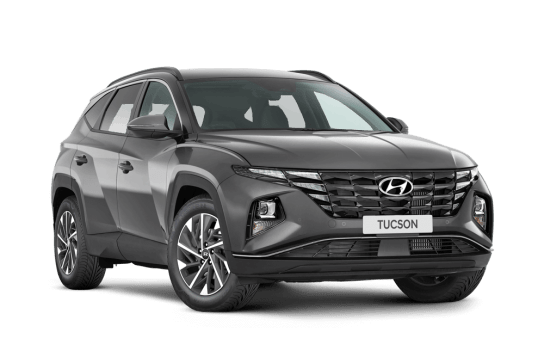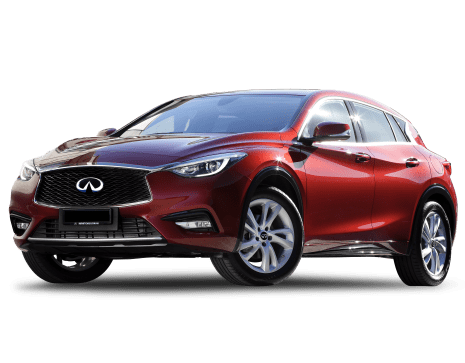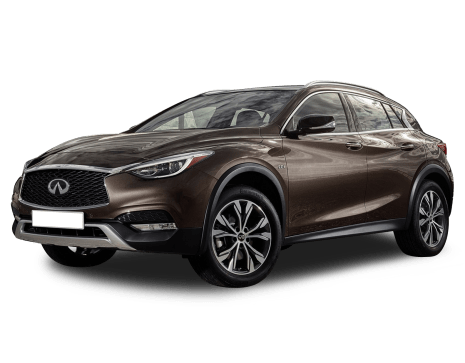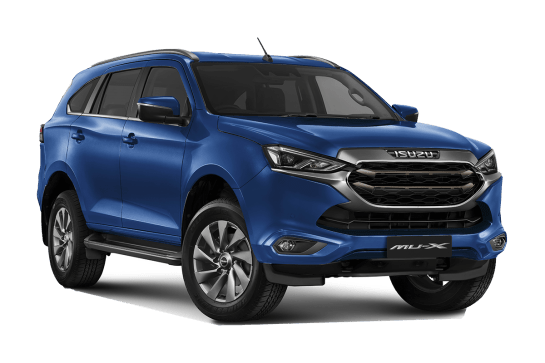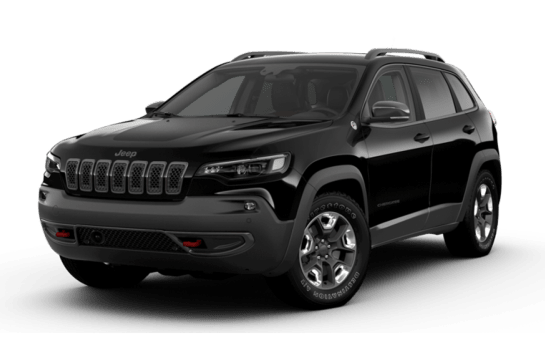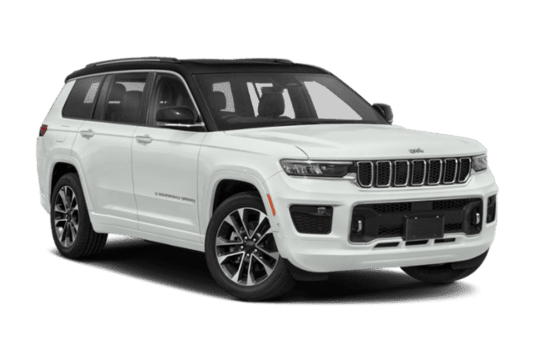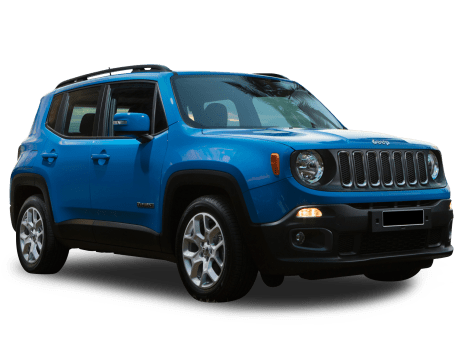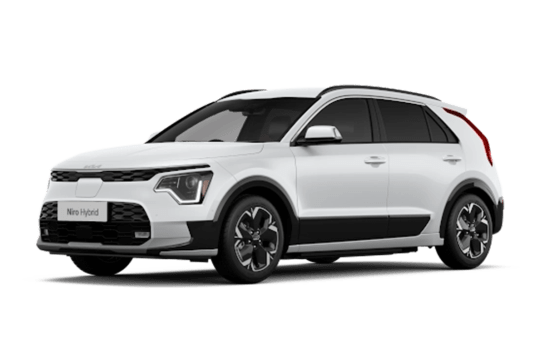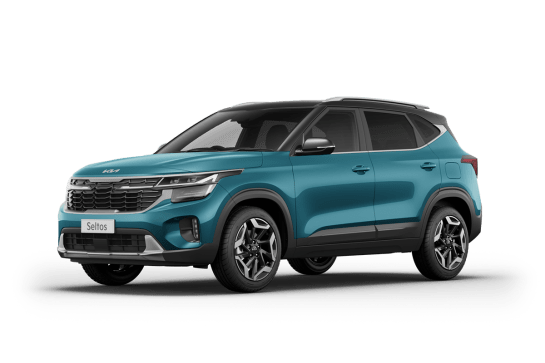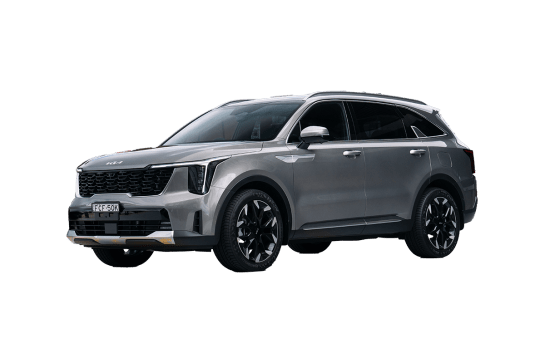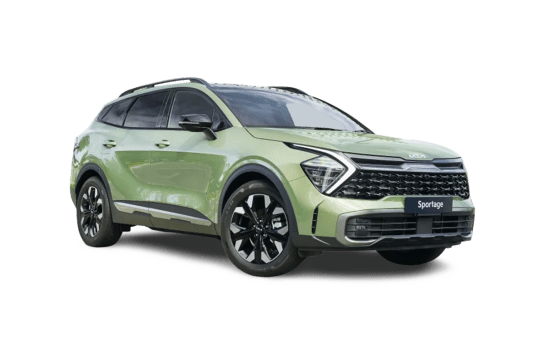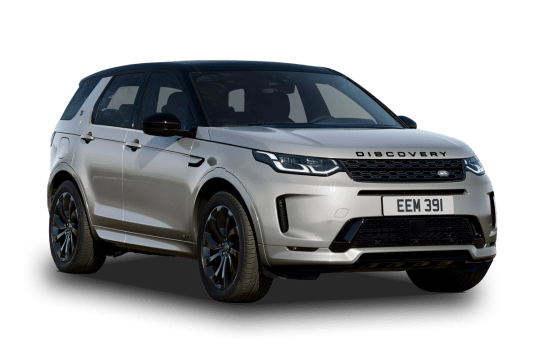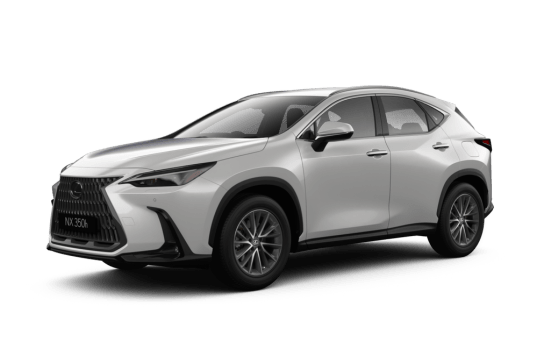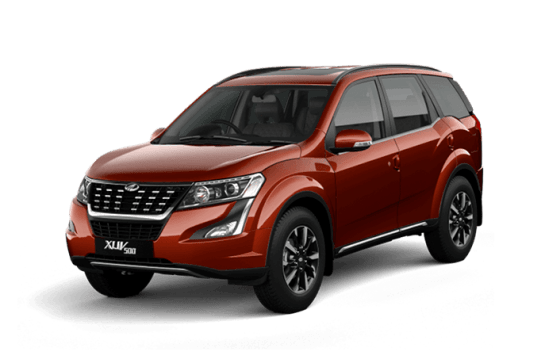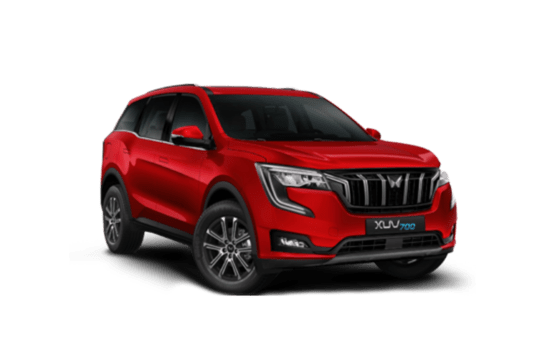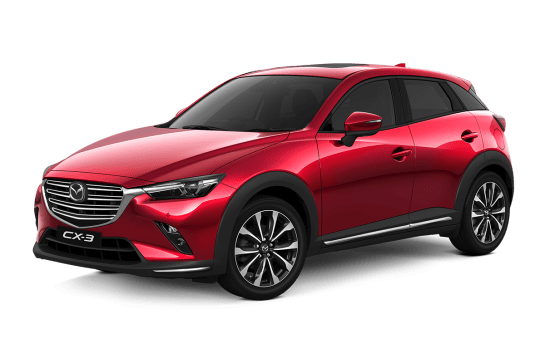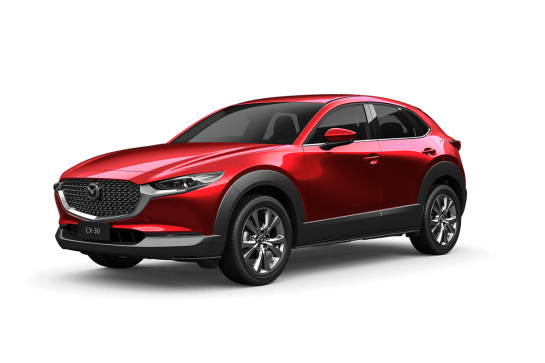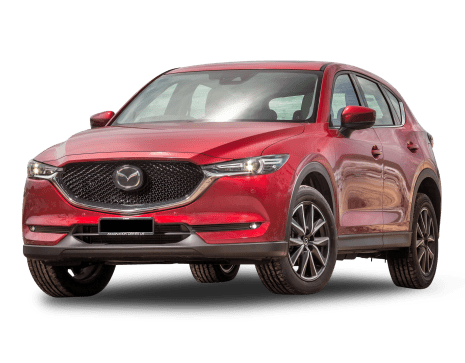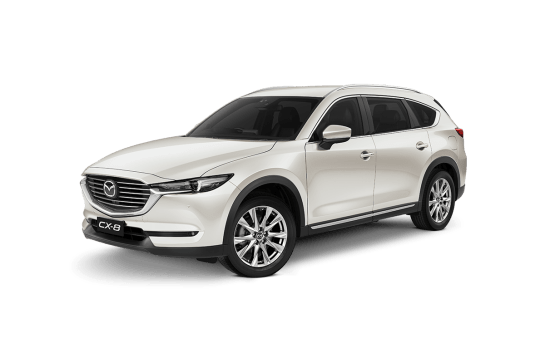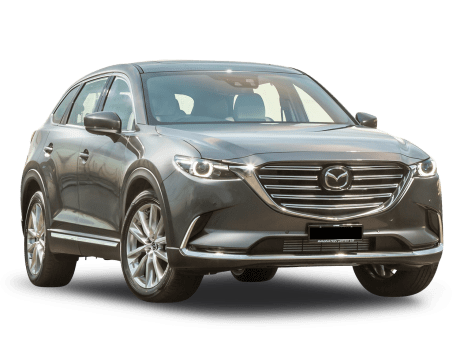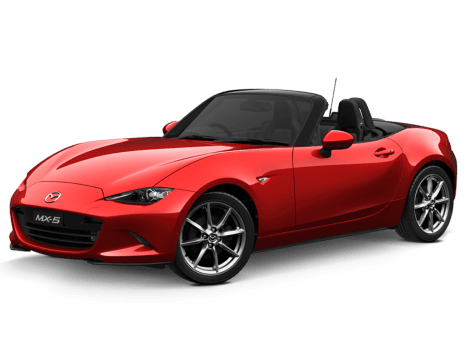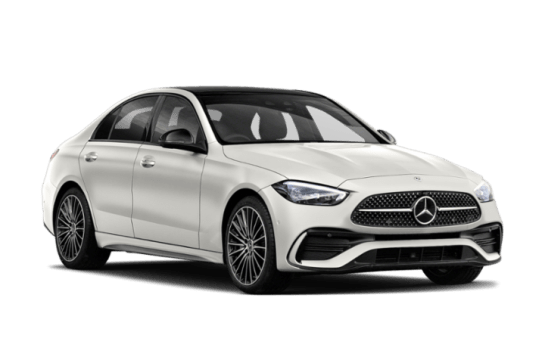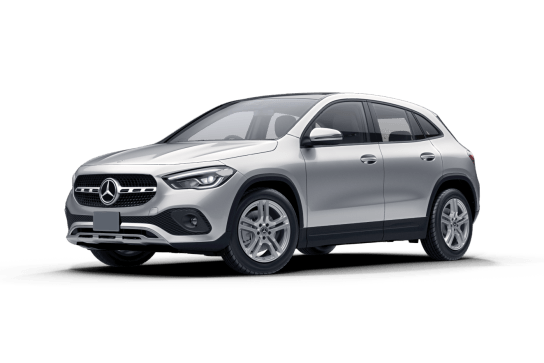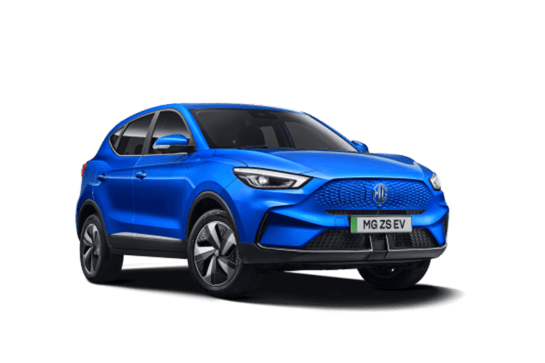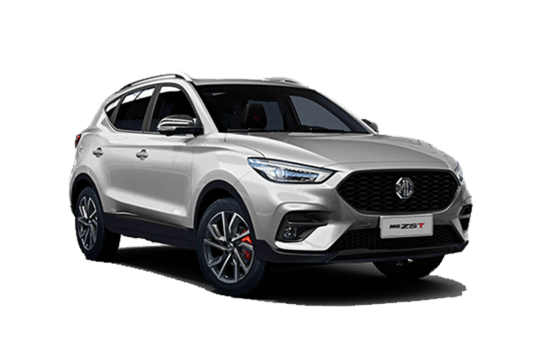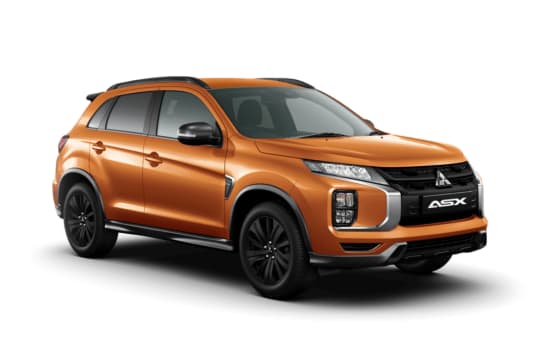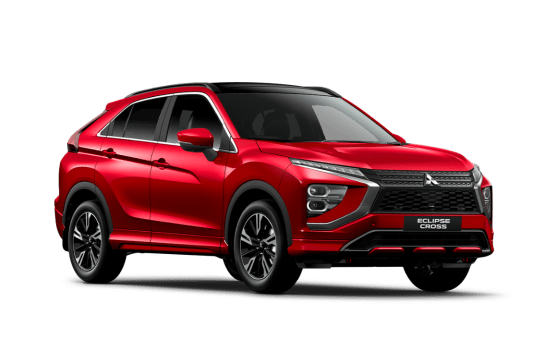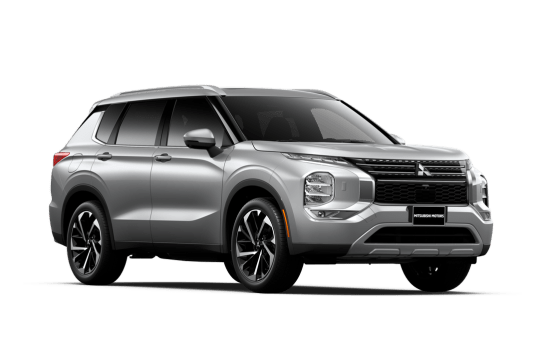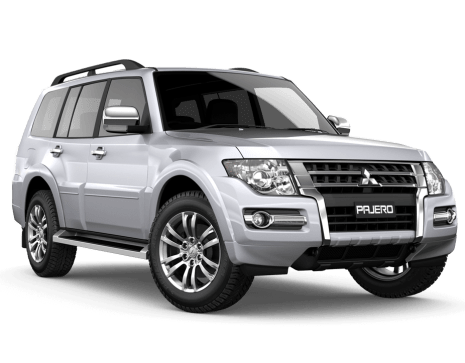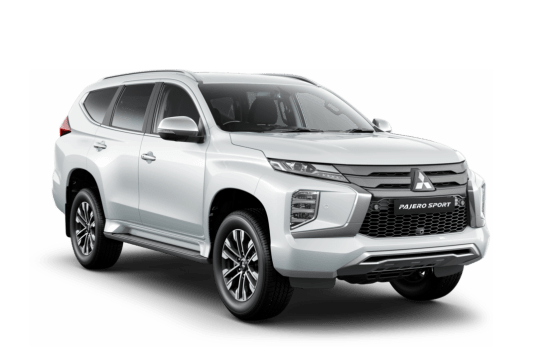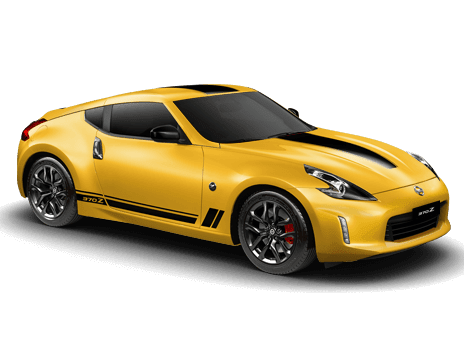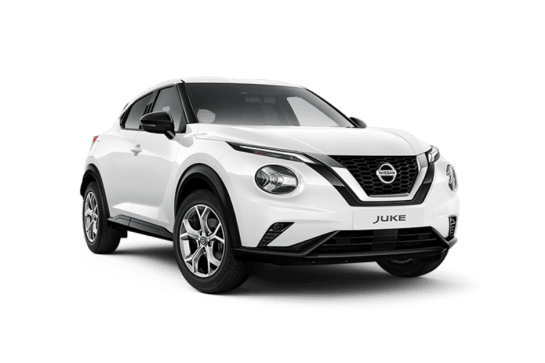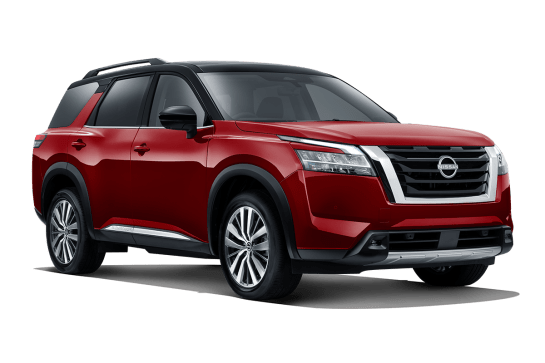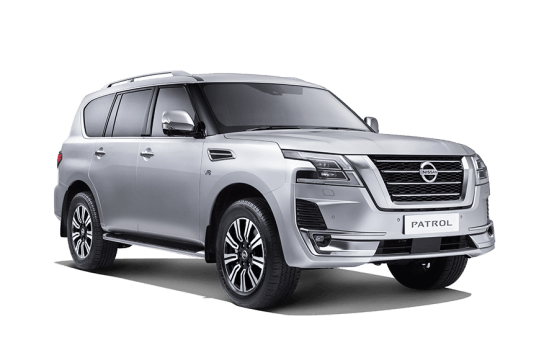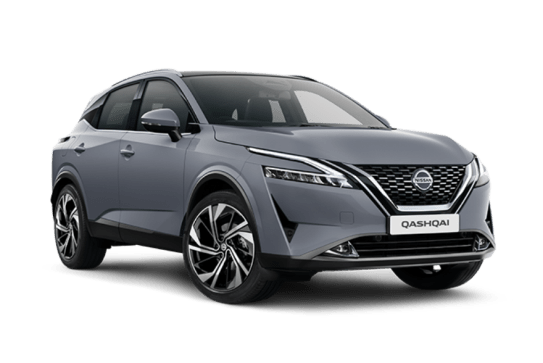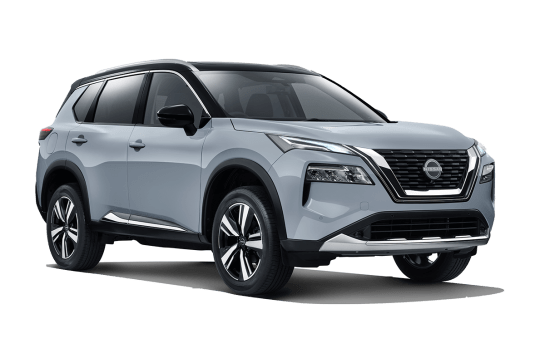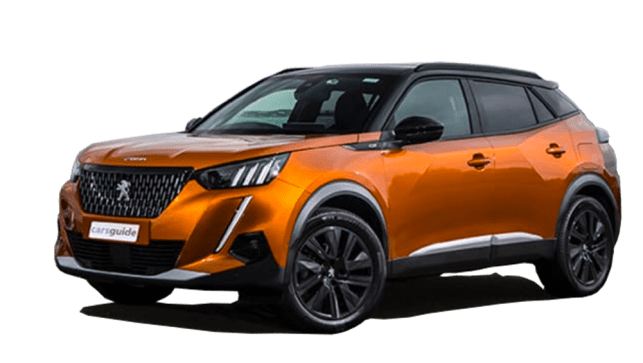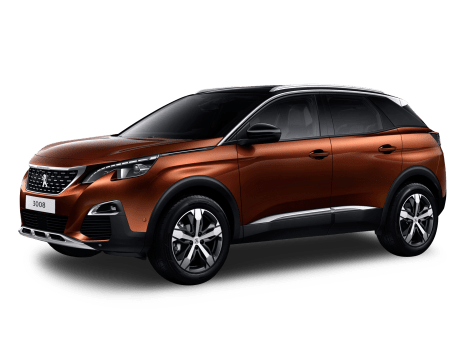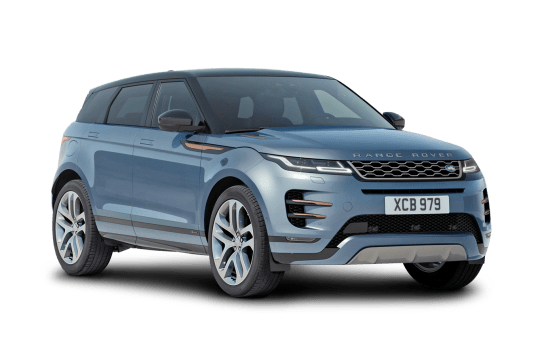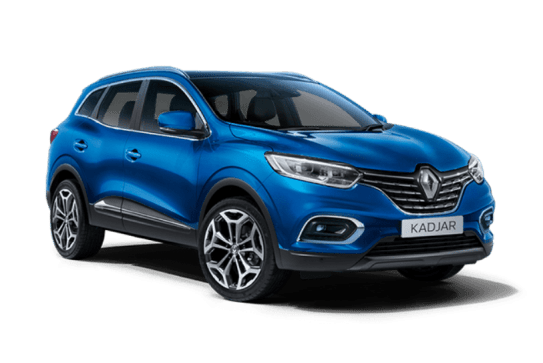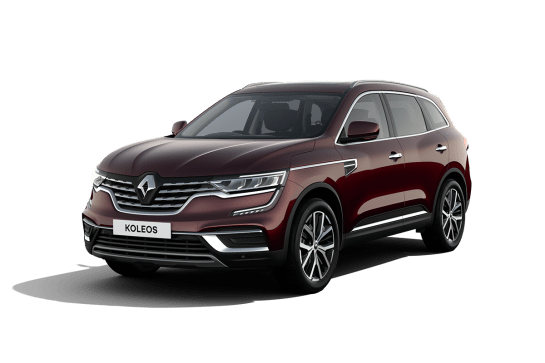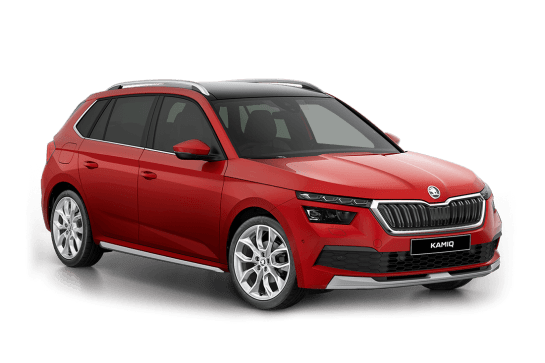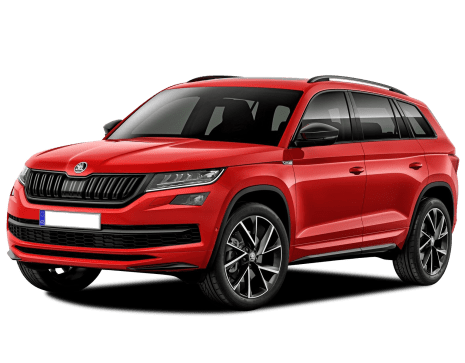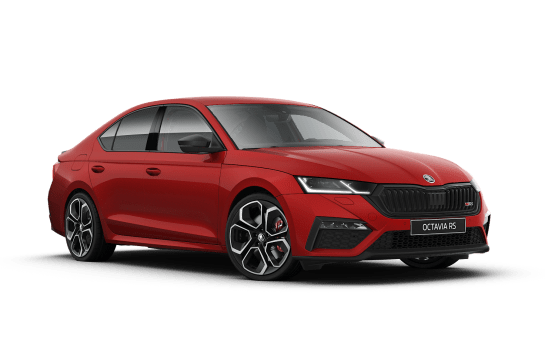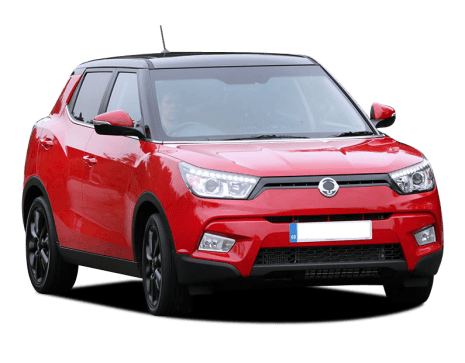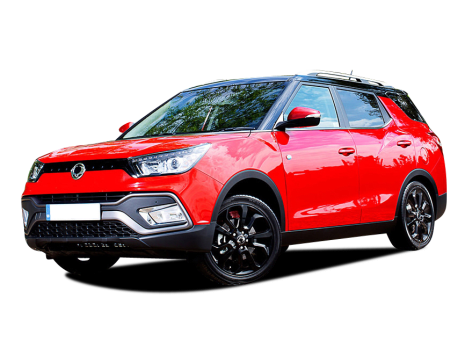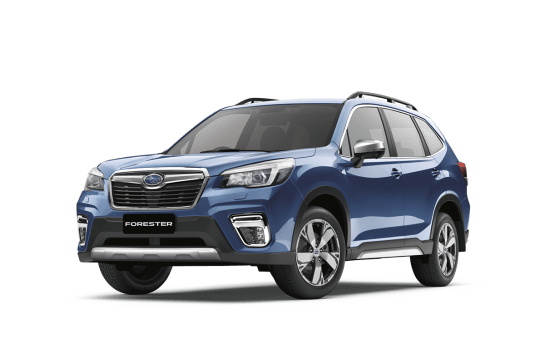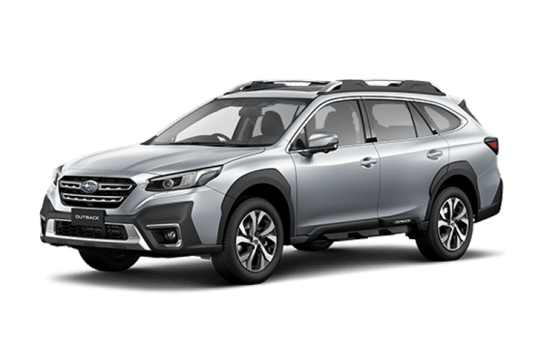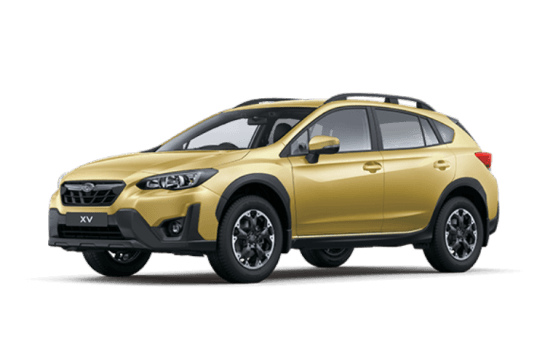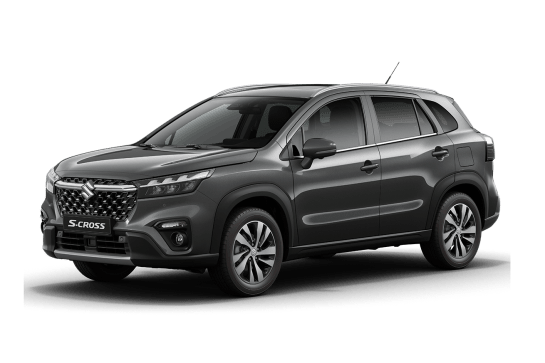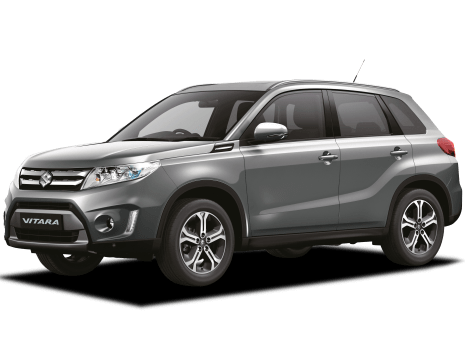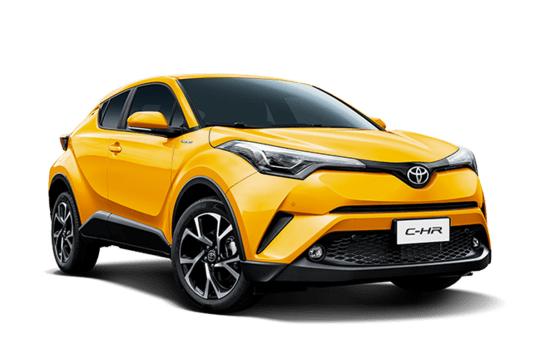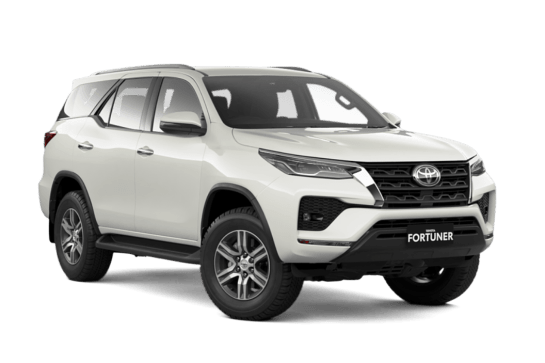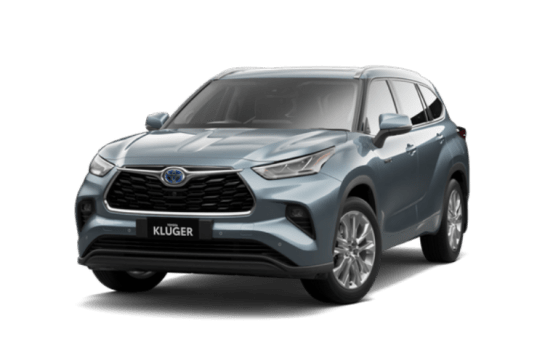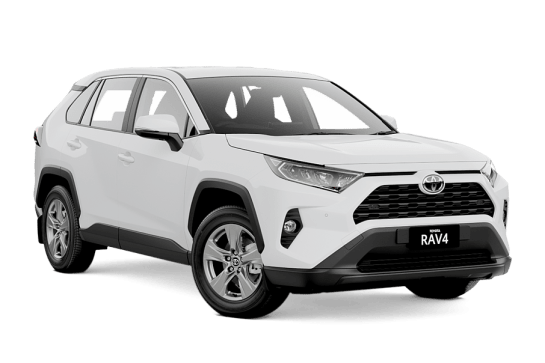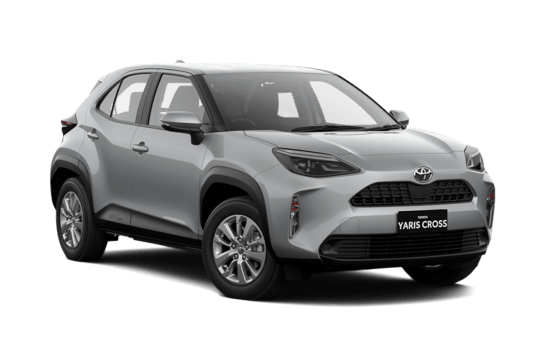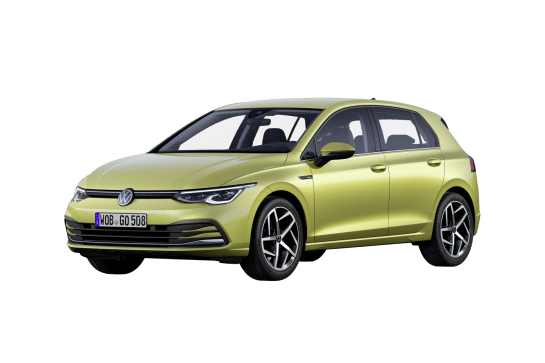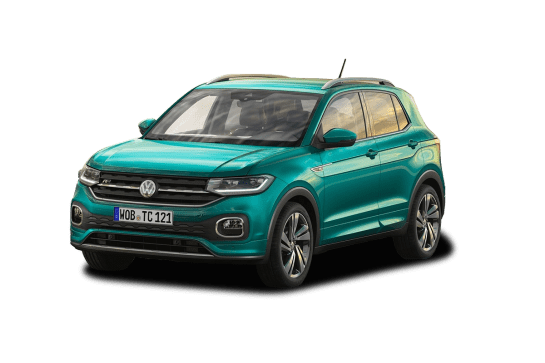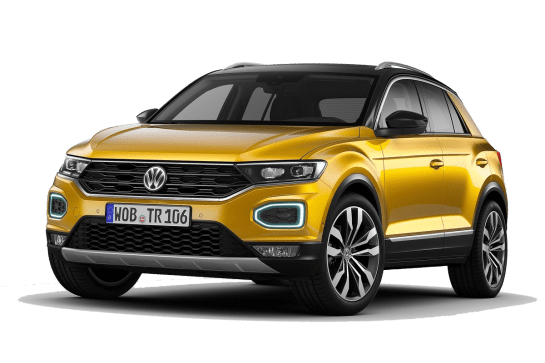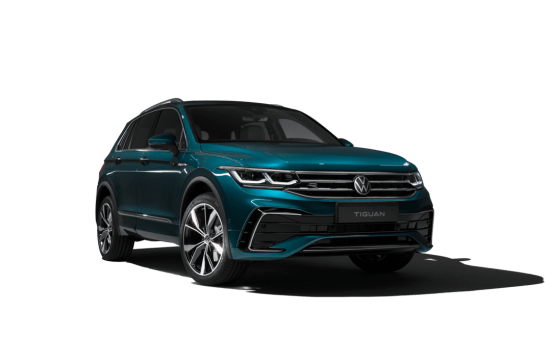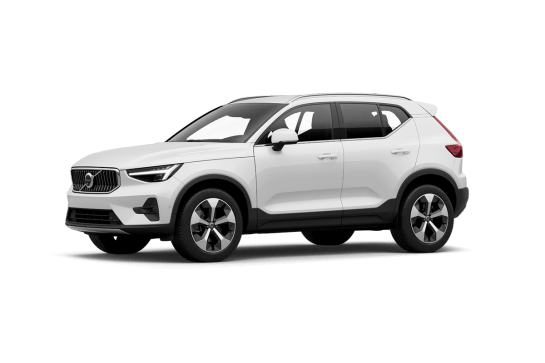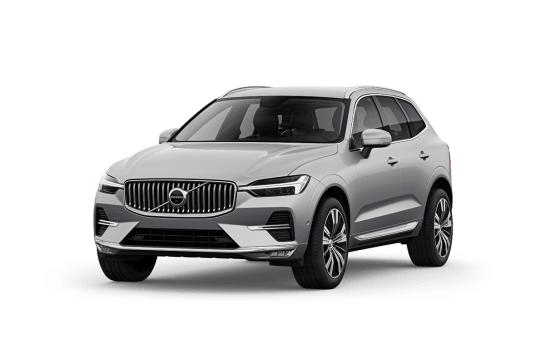Jeep Wrangler VS Volkswagen T-CROSS
Jeep Wrangler
Likes
- Fun to drive
- Very capable off-road
- New engine well suited to Rubicon
Dislikes
- Cramped interior
- Noisy when pressured
- Driving it can be tiring
Volkswagen T-CROSS
Likes
- Lots of features for not much money
- Easy and fun to drive
- Spacious and practical for the class
Dislikes
- A hybrid version is needed
- Some rivals start at a lower price
- Some turbo lag in stop-start traffic
Summary
Jeep Wrangler
The two-door Jeep Wrangler Rubicon exists for a very specific reason: to have a lot of fun off-roading on terrain few other standard 4WDs are able to tackle.
Along with vehicles such as Suzuki’s Jimny and Toyota’s LandCruiser 70 Series, the short-wheelbase Rubicon exists within a thin market niche within a niche. This is a purpose-built hard-core body-on-frame 4WD with very few, if any, concessions to comfort, safety or even common sense.
But there big news is that it’s been updated: less power, more torque with a 2.0-litre four-cylinder turbo-petrol engine replacing the beloved V6 petrol, a damage- and scratch-resistant Gorilla Glass windscreen, a 12.3-inch touchscreen multimedia system, Nappa leather seats and a forward-facing Trailcam.
So, is this new-engined shorty Rubicon in updated form your ticket to dirty fun?
Read on.
Read more about
- Massive $25,000 price cut for 4x4 ute! Jeep Gladiator prices slashed before facelifted version of alternative Ford Ranger, Toyota HiLux and Mitsubishi Triton rival arrives
- Jeep Cherokee replacement coming within a year: CEO leaves little doubt when hinting at incoming "mainstream" mid-size SUV to rival Toyota RAV4 and GWM Haval H6
- Major brand's cheap new EV locked in: 2027 Jeep Renegade electric car to undercut the MG4, BYD, Dolphin and GWM Ora
| Safety rating | |
|---|---|
| Engine Type | 2.0L |
| Fuel Type | — |
| Fuel Efficiency | 9.9L/100km |
| Seating | 4 seats |
Volkswagen T-CROSS
The Volkswagen T-Cross is the smallest SUV in the brand’s entire range, but it’s incredibly practical, great to drive and has an excellent level of safety.
It’s just been updated with some new features and it’s probably more affordable than you think.
So if you are thinking of a Mazda CX-3 or a Toyota Yaris Cross, then put the T-Cross on your list to check out, too.
Read more about
- Cheaper EVs are finally on the way: Volkswagen confirms new ID.1 mini electric car to undercut the MG4, BYD Dolphin and GWM Ora
- More family-friendly hybrids coming: Volkswagen Tiguan and Golf Mark 8.5 plug-in hybrids firming with third mystery model in the wings to target Mitsubishi Outlander PHEV and Toyota RAV4
- Volkswagen to renew focus on hybrids: Global boss said waning sales of electric cars in Europe opens the door to more opportunities for plug-in hybrid Volkswagen Golf and Tiguan
| Safety rating | |
|---|---|
| Engine Type | 1.0L turbo |
| Fuel Type | — |
| Fuel Efficiency | 5.6L/100km |
| Seating | 5 seats |
Verdict
Jeep Wrangler/10
The Jeep Wrangler Rubicon is a hardcore purpose-built 4WD with very few concessions to comfort, safety and common sense.
And that’s a good thing, especially in an increasingly cosseted world.
The two-door short-wheelbase Rubicon is a near-perfect off-road machine: short low-range gearing, mud terrain tyres, front and rear diff locks, and swaybar-disconnect, all combine to make the Rubicon a ready-to-go 4WD weapon.
If you’re shaking your head in disappointment at the Rubicon’s unpredictable on-road manners, lack of refinement and three-star ANCAP safety rating, then you’re missing the point entirely: it’s truckloads of fun.
But the reasons it’s so much fun are also the reasons some people might not like to live with the short-wheelbase Rubicon day to day: it’s a dialled-in driving experience that’s equal parts engaging and exhausting.
It mightn’t make much sense – if any at all – as a daily driver, but if you’re after pure real-world 4WD capability and truckloads of fun then you can’t ignore the two-door version of the Rubicon.
Volkswagen T-CROSS8/10
There are so many new little SUVs out there and it might be easy to think they’re all the same - a tiny cheap SUV is just a tiny cheap SUV. But I’m convinced the Volkswagen T-Cross isn’t like the others.
Yes, it’s tiny and relatively cheap, but it can do more than most of the others from the storage and space it offers to the value-for-money and its level of refinement. Then there’s the way it drives - which can’t in my books be matched by any of its rivals.
The sweet spot in the range is the entry grade Life. At $35K drive-away the value is best and with no difference in engines between the grades there are no huge reasons to step up higher in the range unless you have the money.
Note: CarsGuide attended this event as a guest of the manufacturer, with travel, accommodation and meals provided.
Design
Jeep Wrangler
The two-door Rubicon is 4334mm long (with a 2459mm wheelbase), 1894mm wide and 1879mm high.
The classic look has, for better or worse, remained essentially the same as it has for decades – blocky, straight up and down with big wheel arches … distinctive – but some minor tweaks have been introduced into the design mix this time.
The brand’s seven-slot grille now has metallic-look trim around each slot and bigger mesh inserts, marginally softer lines about the exterior here and there, and the cabin has a more modern feel to it than previous examples did.
Speaking of the cabin, the Wrangler Rubicon has low-key stylish trim boosted by Nappa leather and red stitching and its distinctive roll-over cage and removable roof.
The Rubicon has a striking appearance – like it or loathe it – and while few other new standard 4WDs grab the attention of everyone, this Jeep does just that.
Volkswagen T-CROSS
The T-Cross is Volkswagen’s smallest SUV at 4.1m long and even though it’s closely related to the little Polo hatchback it looks more like a mini version of the Tiguan.
It might be tiny and relatively affordable but it has Volkswagen’s premium looks and sharp styling, with creases in the panels so crisp it looks like somebody just ironed it.
This update has brought new front and rear bumper designs, and new styling to the LED running lights and tail-lights. That’s typically how car companies do exterior design updates, inside the styling changes are pretty minimal, too.
There’s new dashboard design and new media screen, but again the design and quality feels refined and high quality, which I can't say goes for a lot of this car's rivals.
The entry-grade Life misses out on the cross design tail-lights of the Style and R-Line, and gets hubcaps rather than alloy wheels like the other two grades.
Practicality
Jeep Wrangler
The Rubicon interior has always received well-deserved praise for its durability and suitability for adventure and the outdoors life.
But while it is designed to cop dirt, mud, sand and the general messiness of an action-packed life, the two-door four-seat Rubicon’s interior remains a snug – almost too snug – space. The bulkiness of the roll cage and pillars encroaches on headroom and elsewhere the short-wheelbase Rubicon’s limited physical dimensions impact shoulder, leg, knee and foot room but not to a diabolical degree, especially if you’re a Hobbit like me.
On the plus side though, everything that should feel solid does (like the grab handles), and all dials, knobs and switches are easy to quickly locate and operate while traversing all types of terrain.
Jeep has always applied to the Rubicon quietly clever ideas, such as tensioned net pockets on the doors and in the seat-backs, and deep small-storage spaces with textured, grippy bases.
Upfront there are USB ports – a USB-A and a USB-C upfront, and two USB-A and two USB-C ports in the second row ports – as well as a 230V outlet upfront and in the rear, directional air vents, and cup holders in the centre console.
In terms of packability, this short-wheelbase Rubicon comes up, well, short. There’s not a lot of room inside for people, as mentioned earlier, so throwing extra gear into this Jeep’s cabin is a big ask.
When all four seats are in use, rear cargo space – listed as 365L – is really limited to only copping a few bags for an overnight trip.
Access to the rear is via a side-hinged tailgate, which opens from left to right, and it has a full-sized spare mounted to it.
Volkswagen T-CROSS
You really should take a look at my video to get an idea of how good space and storage is in the T-Cross. I’m tall at 189cm but I can drive with plenty of elbow room and legroom. The front seats also have really long bases which offer great under-thigh support, too.
Legroom in the back is great for the class and I can sit behind my driving position without my knees touching the seatback, while headroom is excellent, too. The second row also slides on rails to increase the boot side which is enormous for the class at 455L.
The second row doors also have large apertures making entry and exit easier.
Cabin storage is great with giant door pockets in the front and back, a wireless phone charger with four USB-C ports (two in the front and two in the second row).
Price and features
Jeep Wrangler
The two-door four-seat Jeep Wrangler is only available in top-spec Rubicon guise. It has a list price of $82,950, excluding on-road costs. This Jeep has no real direct competitor and while its price-tag seems high for a vehicle with such a limited focus, this is a specialised and well-equipped off-roader with a legion of fans who believe it's worth it.
Standard features now include, as per the update, a 12.3-inch touchscreen multimedia system, Nappa leather seats, a forward-facing Trailcam, Gorilla Glass windscreen, 17-inch alloy wheels, and more.
Exterior paint choices include Bright White (standard) or Black, Granite Crystal, Sarge, Firecracker Red, Hydro Blue, Silver Zynith, High Velocity, Earl, Anvil, Tuscadero – all options. Premium paint is $1490.
Volkswagen T-CROSS
There are three grades in the T-Cross line up, the entry level Life which lists for $33,990, the Style for $37,490 and at the top of the range is the R-Line for $40,990.
At the time of the launch of this updated T-Cross, Volkswagen was doing drive-away pricing of $34,990 for the Life, $39,990 for the Style and $43,990 for the R-Line.
Compared to rivals like the Mazda CX-3 and Toyota Yaris Cross, a drive-away price of $35K for the Life is excellent and $40K for the Style is also a good deal, especially when you look at the healthy standard features list.
Coming standard on the Life are LED headlights, black roof rails and power folding mirrors, there’s a leather steering wheel, a digital driver display (which is new, too), there’s an 8.0-inch media screen, wireless phone charging, air con, digital radio, Apple CarPlay and Android Auto.
Stepping up into the Style grade adds 17-inch alloys wheels, matrix LED headlights - those are new - chrome-look roof rails, an LED grille strip, proximity unlocking, dual-zone climate control, sat nav, and a new, larger digital driver display. The Style also gets the fancy 'cross' LED tail-lights like the R-Line grade above it.
The R-line is a new model sitting at the top of the line-up and it comes with sporty R-Line exterior styling plus 18-inch alloy wheels and dark tinted rear windows. Inside there’s R-line interior styling, 'Drive Modes' and a Beats sound system.
Under the bonnet
Jeep Wrangler
As mentioned earlier, the V6 Pentastar petrol engine has been dropped and replaced by a 2.0-litre four-cylinder turbo-petrol engine – producing 200kW (9kW less than the V6) at 3000-4500rpm and 400Nm (53Nm more than the V6) at 3000-4500rpm – and an eight-speed automatic transmission.
The new combination is a quietly effective teaming; smooth, lively, and punchy, with plenty of torque on tap.
Befitting its rock-crawling status, the Rubicon has a full complement of off-roading mechanicals and driver-assist tech, including on-demand four-wheel drive (with high- and low-range gearing), live axles front and rear, as well as front and rear locking differentials, and a swaybar disconnect.
Volkswagen T-CROSS
The T-Cross has a 1.0-litre three-cylinder engine which sounds tiny and it is, but it's turbo-charged and the 85kW/200Nm it produces is plenty of grunt to move this little SUV which at just under 1.3 tonnes is relatively light.
All grades in the T-Cross line-up have this same engine and there’s no high-performance variant, although the R-Line has selectable drive modes. Every T-Cross is front-wheel drive with a seven-speed dual-clutch auto transmission.
This three-cylinder is a mighty little beastie with a growly tone to it. There is some turbo lag during stop-start city driving, but it’s so eager to play that if it was a dog it’d be a Jack Russell with every intention to chase anything it sees but no idea how small it is.
Efficiency
Jeep Wrangler
The Wrangler Rubicon has listed fuel consumption of 9.9L/100km on a combined cycle.
On this test I recorded 10.8L/100km between fills, but I did a chunk of low-range 4WDing and the new 2.0-litre four-cylinder turbo-petrol engine was never working hard.
The two-door Rubicon has a 66-litre fuel tank so, going by my on-test fuel figures, you could reasonably expect a driving range of about 610km from a full tank.
Volkswagen T-CROSS
Smaller engines use less fuel than larger ones and the 1.0-litre three-cylinder in the T-Cross is little and Volkswagen says over a combination of open and urban roads it uses 5.6L/100km.
That’s fuel efficient but these days larger SUVs with hybrid systems are achieving the same low consumption. Toyota’s Yaris Cross is available with a hybrid system and will use about 3.8L/100km.
Volkswagen doesn’t have a hybrid version of the T-Cross, but it should, especially given these little cars will spend more time in urban environments where fuel consumption will generally be higher.
That said, most tiny SUVs don’t have hybrid systems so that makes the Yaris Cross exceptional while the T-Cross is about average.
Driving
Jeep Wrangler
The two-door Rubicon is rather ordinary to drive on sealed surfaces, but it isn’t anywhere near as diabolical as some people would have you believe.
This is a purpose-built off-roader with a wide wheel track and low centre of gravity, so it feels solid on bitumen and dirt in equal measure.
However, you do have to drive it with full focus and give yourself time to get used to some if its more quirky aspects if you aren’t already familiar with them. There is plenty of play in the steering, lots of on-road floatiness and body roll, and this Rubicon – tipping the scales at 1977kg tare weight (listed) and measuring 4334mm long (with a 2459mm wheelbase), 1894mm wide and 1879mm high – can be an unpredictable unit.
You need to micro-manage this shorty 4WD at all times. It’s like driving a go-kart, but more fun and – bonus – it’s street legal.
If you’re steering it, this short-wheelbase Rubicon demands your constant attention – but that’s a fun characteristic I appreciate and that it shares with only a few other vehicles such as the Suzuki Jimny and Toyota LandCruiser 70 Series.
However, as fun as it is, this kind of fully engaged driving experience – requiring laser-focus concentration to keep a vehicle on target – asks a lot of the driver and does become tiring (nay, exhausting) after long stints on the road or off of it.
Beyond that though, this Rubicon, with a track-tight turning circle of 10m, is a nicely manoeuvrable vehicle around town (for swift turnarounds and easy parking) in the suburbs and even along overgrown bush tracks – but more about that soon.
Wrangler fans who have bemoaned the loss of the Pentastar V6 needn’t have worried. The new four-cylinder engine delivers a gutsy punch of acceleration when needed and is nicely matched to the eight-speed auto. It’s also smoother, more refined and less noisy than before.
The solid-axle Rubicon has a suspension set-up – including coil springs at every corner – that soaks up most bumps in the road, and that makes for impressive levels of driver and passenger comfort.
This little purpose-built rock-crawler is solidly built and it can get noisy when you’re inside of it as it rumbles along a road or track – no surprise because it does have a boxy body, big wing mirrors and chunky mud-terrain tyres. Part of the experience, part of the fun, I reckon.
So, how does it go off-road? Bloody well, as usual.
The Rubicon is a genuine 4WD with a dual-range transfer case, a ladder chassis, solid axles, well-established 4WD heritage and its boosted by driver-assist tech. It’s immediately more at home taking on low-speed 4WDing than it is negotiating suburban traffic, shopping centre car parks or city streets.
I’ve driven Rubicons in pretty much every kind of challenging off-road situation – sand, steep rain-slick rocky hills, deep mud holes, swollen water crossings – and they’ve never disappointed.
These Jeeps are some of the few modern-day 4WDs engineered with an off-road focus that offers few concessions to anything other than dirt-track fun – the only vehicles in the same realm are the aforementioned Jimny, 70 Series, and even the likes of the Ford Ranger Raptor and Ineos Grenadier.
Steering in the chopped Rubicon retains a nice weight and feel to it during 4WDing, staying precise as needed, offering the driver a great sense of sustained control through even severe terrain.
Its planted stance gives the Rubicon a distinct composure and its suspension – with a coil spring at each corner – helped it to take the sting out of every dirt-road corrugation on the way to my unofficial 4WD testing and proving ground.
As mentioned earlier, anyone worried about the V6 being dropped should calm down. The new engine is a lively and punchy unit – even livelier than the V6 – and offers up ample smoothly-delivered torque across a wide spread of revs, ideal for high- and low-range 4WDing.
When you switch to 4L and drop the revs, it’s easy to squeeze the most out of this new engine. Considered driving is necessary as is slow and steady throttle, but that's easily achieved in this Rubicon and it was never overworked even when the terrain became very challenging.
This Jeep has a well-calibrated off-road traction control system but if you need even more terrain-grabbing magic, it has front and rear diff locks, and a front sway-bar disconnect system, which helps to unlock even more articulation, and let those tyres stretch to the ground for all-important traction.
The Rubicon also has Selec-Speed Control (an adjustable low-speed cruise control for 4WDing that can be set between 1.0-8.0km/h), and Off-Road+, which adjusts throttle and traction control, among other systems, to best suit the terrain.
What’s also handy about the Rubicon is that, via the off-road pages on the multimedia screen, you can monitor your 4x4 system, as well as vehicle steering angle, pitch and roll, and the status of the diff locks and the swaybar disconnect system.
The two-door Rubicon has a listed 257mm of ground clearance and 760mm wading depth. While I didn’t experience any water crossings that deep this time, I did do plenty of driving on coastal sand, just inland from a beach, and there were deep rutted sections, so I saw clear evidence of its running clearance.
When it comes to approach, departure and ramp-over angles, the higher the number the better and the short-wheelbase Rubicon checks out with listed measurements of 44, 37, 27.8 degrees respectively, and this small 4WD climbs up and over even steep rocky hills with sharp crests, without ever being in danger of scraping the earth with its front, under-carriage or its back end.
The Rubicon rides on BFGoodrich Mud-Terrain KM2 (255/75R17) tyres – real muddies – and those are strapped to 17-inch alloys. These are good tyres and the 17-inch set-up is good for off-roading.
The shorty Rubicon is not a big vehicle and so its Gross Vehicle Mass (GVM, 2404kg) and Gross Combined Mass (GCM, 3751kg) are not massive figures.
It’s not renowned as a towing platform of note but it pays to know that its tongue download is 150kg, towing capacity is 750kg (unbraked) and 1497kg (braked).
Volkswagen T-CROSS
Quite possibly the best little SUV to drive for this price and size, the only drawback is that there’s a touch of lag in the time it takes the power to arrive at low speeds in stop-start traffic, but that can be remedied by putting the transmission in 'Sport' mode.
The steering is light and accurate, the visibility is excellent thanks to the big windows and raised ride height, the pedal feel under your feet is great and the brakes are responsive.
The car feels stable, planted and secure whether it's on a motorway, or a winding country road, while the little 1.0-litre engine is a champion that keeps punching with a throaty growl that matches its enthusiasm.
The seven-speed transmission is superb and changes gears fast, while the paddle shifter lets you take control to keep the revs high.
These little SUVs aren't sports cars but some are so underwhelming to drive it feels like performance was never thought about while developing the vehicle.
But the T-Cross made me grin until my face hurt on the steep winding hairpin filled roads we tested it on at its launch.
Safety
Jeep Wrangler
The Jeep Wrangler range has a three-star ANCAP safety rating from testing in 2019.
The rating is not up to scratch in this day and age, but the Rubicon does have onboard a full suite of safety gear including six airbags (two dual-front, two side, two side curtain), as well as auto emergency braking (city and inter-urban) blind spot warning, adaptive cruise control and front and rear parking sensors.
Volkswagen T-CROSS
The T-Cross was given the maximum five-star ANCAP rating in 2019. What is truly great is that on every grade you’ve got AEB, adaptive cruise control, lane keeping assistance, rear cross-traffic alert, manoeuvre braking, plus front and rear and parking sensors.
For child seats there are three top tether anchor points and two ISOFIX points in the second row.
A space saver spare wheel can be found under the boot floor.
Ownership
Jeep Wrangler
The Wrangler is covered by Jeep's five-year/100,000km warranty – that’s sub-standard compared to the baseline five year/unlimited km warranty.
Service intervals are recommended every 12 months and 12,000km with capped-price servicing set at $399 a pop.
If you have your Rubicon serviced at a Jeep outlet then lifetime roadside assistance is on the cards.
Volkswagen T-CROSS
The T-Cross is covered by Volkswagen’s five-year unlimited kilometre warranty.
Servicing is recommended every 15,000km or yearly and while there’s no capped price servicing you can buy a five-year plan for $2800, which equates to $560 per workshop visit.


